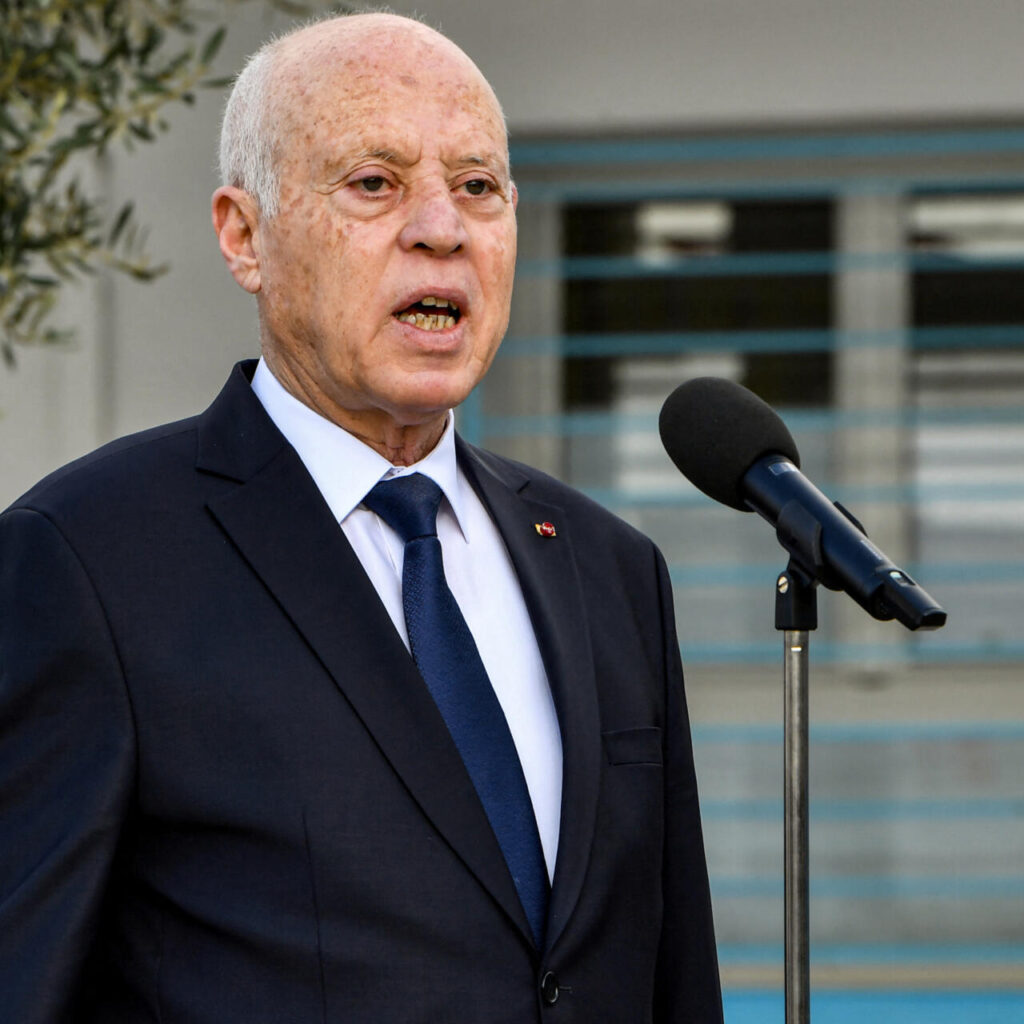Tunisian President Kais Saied has dismissed Prime Minister Ahmed Hachani and appointed Kamel Madouri, the former social affairs minister, as his replacement. The president’s office issued the announcement late Wednesday but did not provide reasons for Hachani’s removal. Hachani, who assumed office on August 1 of the previous year, had replaced Najla Bouden, who was also removed by Saied without a specified reason.
Just hours before his dismissal, Hachani had shared a video message highlighting the government’s progress on various issues, including addressing the nation’s food and energy requirements. Kamel Madouri, the new prime minister, had been serving as the social affairs minister since May.
In a social media post from his office, Saied was seen greeting Madouri and briefly stated that he had “decided to appoint him as the new head of government, replacing Mr. Ahmed Hachani.”
This move occurs just ahead of Tunisia’s presidential election on October 6, where Saied is vying for re-election, and amidst widespread frustration over persistent water and electricity shortages throughout the country.
While the government blames these issues on an ongoing drought, which has led to a water distribution quota system, Saied suggests that the shortages are part of a deliberate scheme to undermine the election, claiming that the dams are actually full. The agriculture ministry reports that the dam levels are critically low, currently at just 25 percent.
An Escalating Repression
Despite his democratic election in 2019, Saied has consolidated power since 2021. He is facing criticism from opposition groups, human rights organizations, and rivals who accuse him of using intimidation and suppression tactics to secure a second term.
Recently, an opposition leader and potential presidential candidate was handed a two-year prison sentence. The individual, a lawyer, was arrested last year after criticizing the electoral process and was investigated under a contentious cybercrime law targeting misinformation. This sentence is part of a broader trend of politically motivated actions against Saied’s critics, irrespective of their political affiliation.
Moussi appeals to segments of the population nostalgic for Tunisia’s pre-revolutionary days. As a staunch critic of figures like the imprisoned Ennahdha leader Rached Ghannouchi, Moussi was previously affiliated with the ruling party during President Zine El Abidine Ben Ali’s administration.
The 2022 amendments to Tunisia’s constitution established a presidential system, significantly restricting the powers of the parliament.

